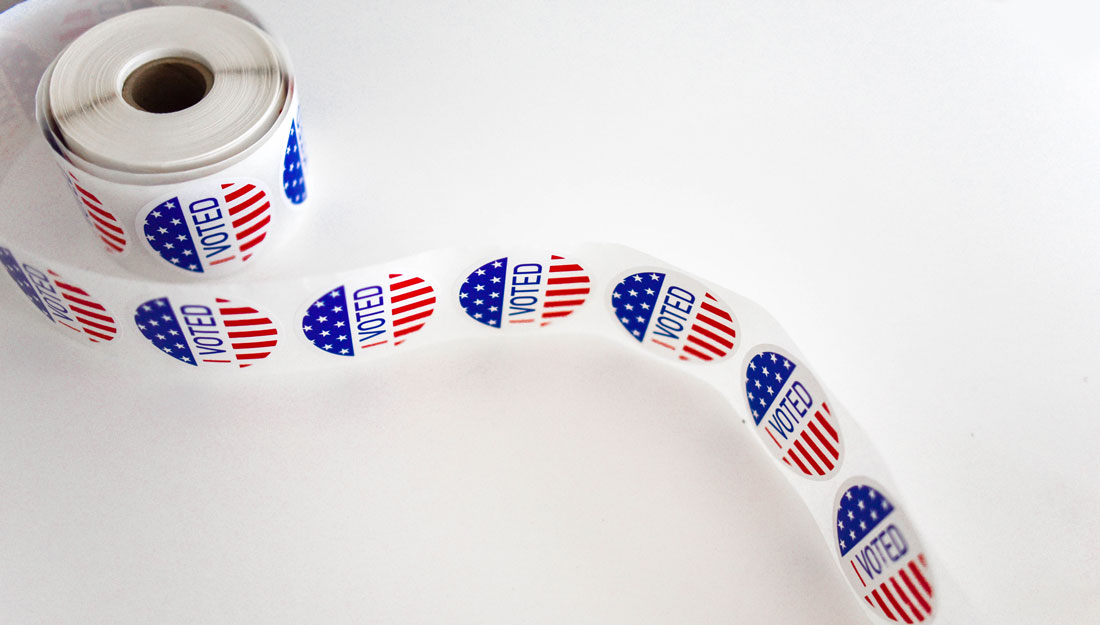Coping with election time stress

The United States is just days away from the 2024 election, and Americans are being continuously bombarded with political messages across media platforms, from television to social media. In a recent survey from the American Psychological Association, 69 percent of those polled stated the presidential election is a “significant source of stress in their lives.”
Kelly Sopchak, PhD, LSSP, a licensed psychologist at the Texas A&M University College of Medicine, noted that high levels of negative messages related to the election can have a detrimental effect on people’s mental health, causing anger, distress and a negative perception of the world. She emphasizes the importance of maintaining a balanced life and making a conscious effort to watch and listen to positive content.
“The unknown of an election can be distressing,” Sopchak said. “We can only control the vote we cast, so having tools to help lessen our stress and anxiety is important.”
She also noted that this election season will end and most of these stresses should dissipate. However, if you or someone you know is experiencing difficulty functioning at school, work or in social situations due to stress and anxiety, she recommends seeking mental health counseling. Counseling can be an effective way to process experiences and gain tools to manage them.
Sopchak suggests the following strategies for managing stress levels.
- Limit time viewing election coverage. Some may find it helpful to limit traditional media and social media election coverage exposure to 15 or 30 minutes a day. Voters can stay informed and learn about candidates from voter guides and websites as well.
- Stay connected. Maintaining healthy supportive relationships is important. Spend time with your loved ones doing things you enjoy doing together.
- Establish boundaries of what you are willing and not willing to discuss. It is okay to disagree politically with our friends and family and still love them. Most relationships were built on more than politics. Just because it is the focus of the media presently does not mean it needs to be in your relationship.
- Engage in acts of kindness. When we do things for other people, we feel better. It is no secret that election season does not always bring out the best in our country, but no matter the political situation or climate we can treat others with kindness. This could be a simple as taking time to talk with an elderly neighbor, holding the door for someone or donating time to a local charity.
- Avoid negative coping strategies. Negative coping skills such as substance abuse can reduce your body’s ability to handle stress and suppress your immune system.
- Stay mentally and physically active. Activities like journaling, talking to a friend, painting, crafting, exercising, listening to music or dancing can change our mood and help us feel better, even if for only a moment.
As the election comes to a close, Sopchak noted that most of these coping tools can translate to other situations, as well. “The most important thing,” she stated, “is to do what you enjoy to give yourself a break from the stress.”
This article from Oct. 26, 2020, was updated on Nov. 4, 2024.
Media contact: media@tamu.edu
